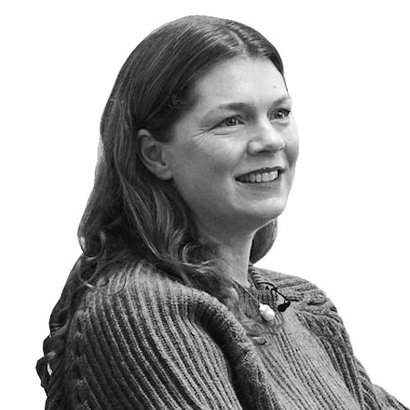Today, Count Benedikt Bolza is the proprietor of the 3,700-acre Reschio estate and hotel on a hilltop near the border of Umbria and Tuscany. Forty years ago, he was a 10-year-old on a road trip from Munich looking for a vacation home with his father, a nobleman of Austro-Hungarian descent.
They found San Martino, a tumbledown former rectory with a bell tower and chapel, and were so enamored with it that they made it their permanent home.


